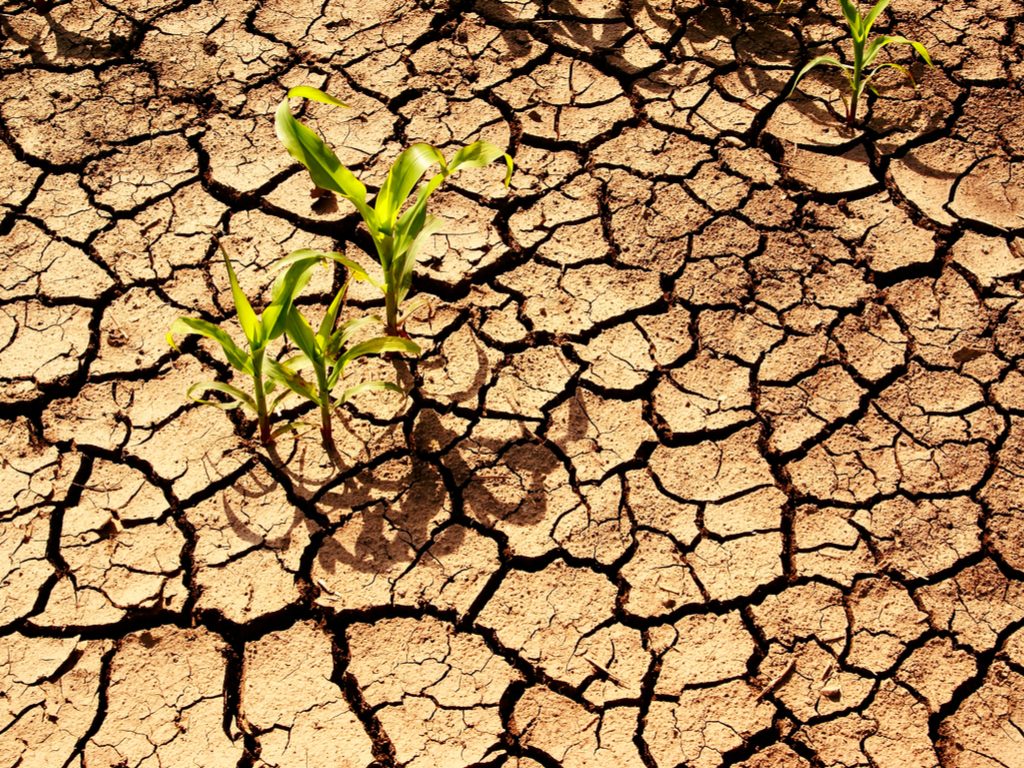The FAO has launched the Afrisoils programme, a well-named programme to “treat” Africa’s soils, 40% of which are deserts. Nearly 65 per cent of the continent’s arable land is losing topsoil and nutrients. This continent faces several challenges because less than half of Africa’s land is cultivable and only 16% of it is of very good quality. Nearly 70% of the African population remains food insecure and people depend on very little land available to grow food and earn a living.
The programme aims to increase soil fertility by 30% in 47 African countries and reduce soil degradation by 25% over the next ten years. The objective is also the rehabilitation of degraded soils (including polluted soils), the fight against deforestation, the adoption of climate-friendly agroforestry practises, the use of irrigation systems to improve agricultural production and the development of legislation and guidelines for sustainable soil management.
“We need $50 million to carry out this programme on a large scale and for the first ten years. We need everyone’s support for this ambitious initiative,” added René Castro, FAO Assistant Director-General, Climate, Biodiversity, Earth and Water Department, at the launch of Afrisoils, on the sidelines of the Global Soil Partnership (GSP) Plenary Assembly.
Soils: Key elements of sustainable agricultural practices
At the launch of the project, René Castro said: “Only sustainable land management will enable us to achieve agricultural growth, ensure food security and adapt to climate change”.
According to Ronald Vargas, FAO’s land and water specialist, sustainable soil management practices that are an integral part of nature are needed to make soils highly fertile. He adds that it is not possible to rely solely on mineral fertilisers, a common practice throughout the world, because soil fertility or the soil system depends on how it is stimulated. It is necessary to use intelligent long-term solutions that increase soil productivity while safeguarding ecosystem services and preventing pollution and degradation.
From land users to policy makers, one of the main objectives of the GSP is to improve governance and promote sustainable land management.
Audrey Chomgui
